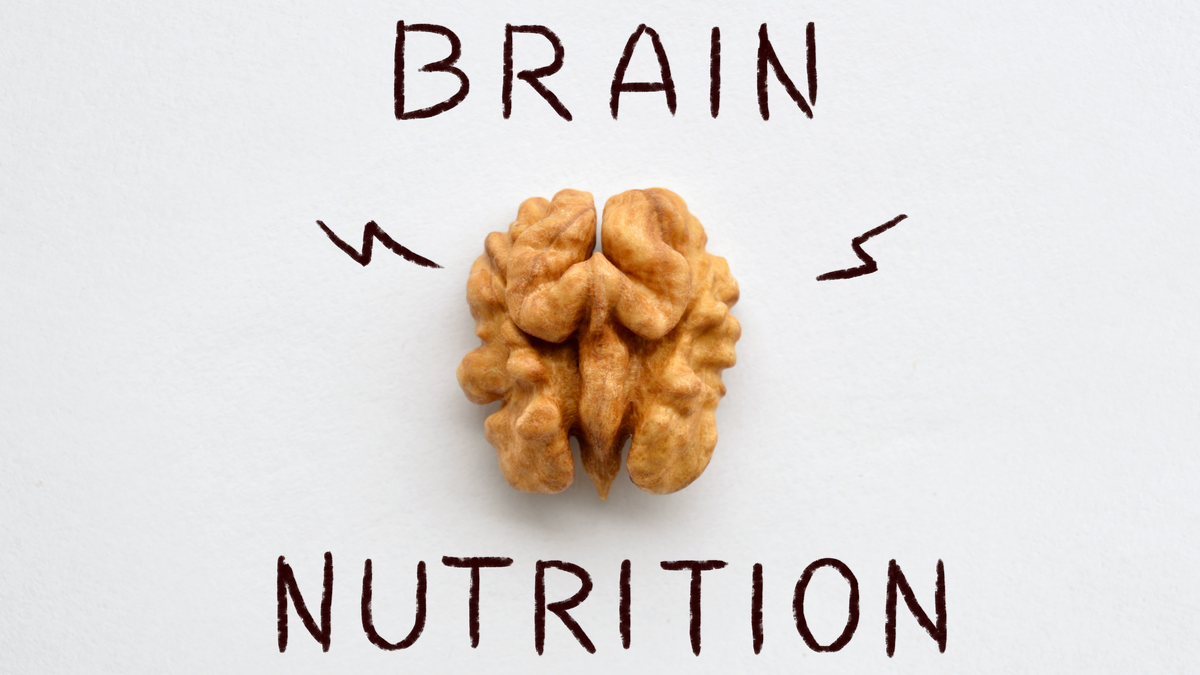Your brain is a vital organ that needs to be protected and strengthened regularly. Your lifestyle can impact the health of your brain negatively or positively. Here are four ways you can keep your brain healthy.
1. Stay hydrated
In order for your brain to perform at its best, it needs to be properly hydrated all the time. Even slight dehydration can affect memory, focus, mood, brain fog, sleep problems, and headaches. If you find yourself becoming upset over the smallest things that typically don’t upset you or depressed when nothing has prompted such feelings, you probably need to drink more water. Dehydration can also lead to the brain and brain cells shrinking, which can lead to issues such as dementia in later years. Because you lose water when you sleep, it’s crucial that you begin your day with at least a few glasses of water. Make it a habit to carry a water bottle with you throughout the day.
2. Get your omega-3s
Omega-3 fatty acids play a large role in brain health. They help to reduce brain inflammation, protect against brain disorders such as depression and dementia, and promote new brain cell formation. Inflammation in the brain can lead to brain fog, ADHD, depression, and memory loss. The body cannot produce omega-3 fatty acids on its own, so you must get them from your diet. They can be found in salmon, mackerel, walnuts, cod liver oil, herring, flax seeds, and tuna. If your diet lacks omega-3, you should look into a supplement.
3. Learn new things
Part of keeping your brain healthy involves keeping it stimulated. Challenging your brain by learning a new language, trying a new activity, or learning a new skill will help to improve your memory. Challenging yourself helps the brain to strengthen connections. This can help to ward off dementia. If you watch the same television shows multiple times, you might get enjoyment out of doing this, but your brain will be bored. Do you find yourself able to run lines with the characters? If so, your brain isn’t being worked and needs something new. Instead of watching reruns, read a book or take up a brand new hobby. If you’re worried something looks too difficult, don’t avoid it. Your brain will love it.
4. Exercise regularly
Exercise is just as important to your brain as it is to your body. It helps to transport oxygen and blood to the brain, build more connections, release hormones, and helps to boost information processing and memory. Aerobic exercises can help to repair damaged brain cells. Aging slows the birth of new brain cells, but exercise can speed this up again. Running releases endorphins, which is a hormone that makes you feel good. This is referred to as “the runner’s high.”
If you want to keep your brain functioning at optimal levels and protect it as you age, there are lifestyle choices you can make to accomplish this. When you understand better how much the brain does for your body and quality of life, you’ll be more active in maintaining its health.





